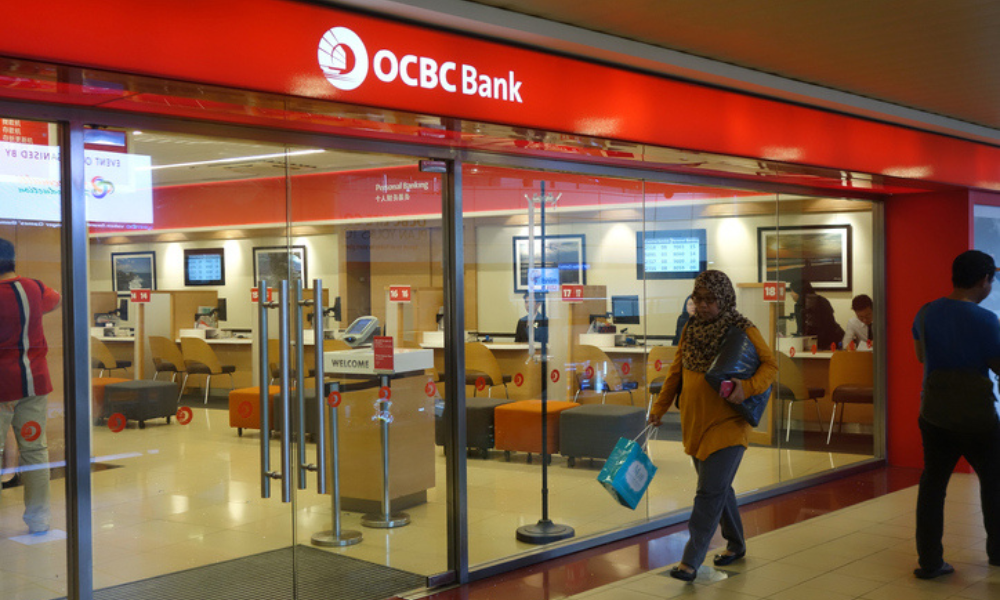
Payouts meant to help workers with cost-of-living crisis

The Oversea-Chinese Banking Corporation (OCBC) has announced that it will be providing one-off support to its junior employees across the bank and its subsidiaries such as Bank of Singapore, OCBC Securities and Great Eastern Holdings.
According to the bank, about S$9 million will be disbursed to 14,000 employees in order to help them cope with the current cost-of-living crisis. In Singapore, around 4,600 junior employees, including those who were newly employed as well as unionised workers, will each be receiving S$1,000.
“The amount, for each of the 14,000 who will benefit, may not be large. However, we hope that this can help colleagues defray concerns on the rising cost of living,” said Lee Hwee Boon, OCBC’s Head of Group Human Resources.
The National Wages Council of Singapore had previously suggested companies help their employees cope with the cost-of-living crisis that the country was currently facing. One of their recommendations was giving workers a one-off assistance payment, with lower to middle income employees receiving support with heavier weightage.
“Beyond this, we recognise that the long-term solution is to empower colleagues to take charge of their own financial well-being – good financial planning can make a big difference amid inflationary pressures. To that end, we offer a range of resources and regular workshops to help strengthen their financial preparedness,” said Hwee Boon.
OCBC also offered a range of resources for their employees which will help them with their finances such as articles, tools, virtual talks, and regular workshops conducted by wealth advisors from the bank.
The firm also regularly reviewed the built-in wage increases and variable payments of its employees so that it can make sure that they are proportional to the performance of the bank and what the employees contribute.
The junior employees are set to receive the payout from February to March 2024. The support for workers who reside outside of Singapore will take their respective local market conditions into consideration when it comes to the money they will receive.